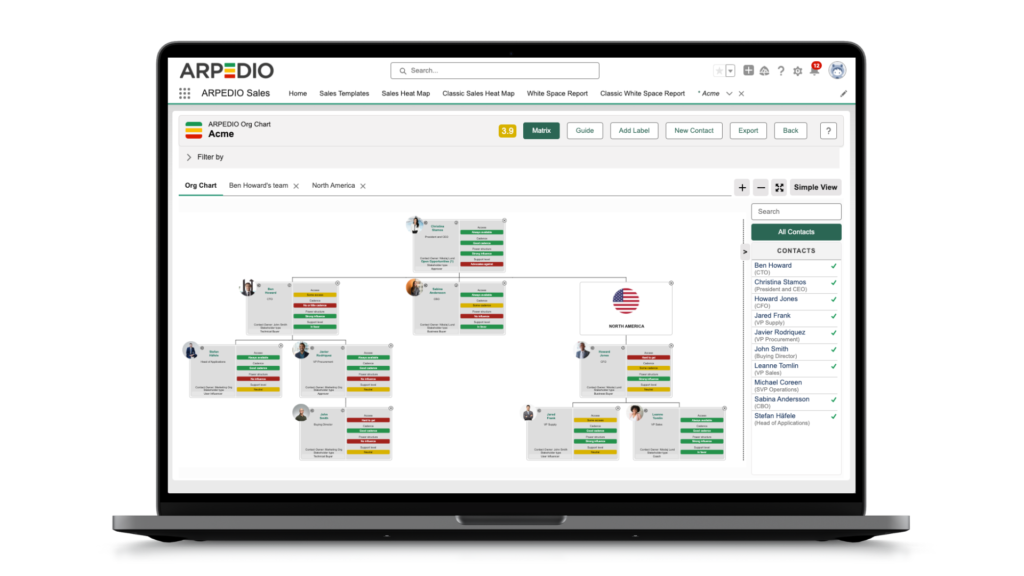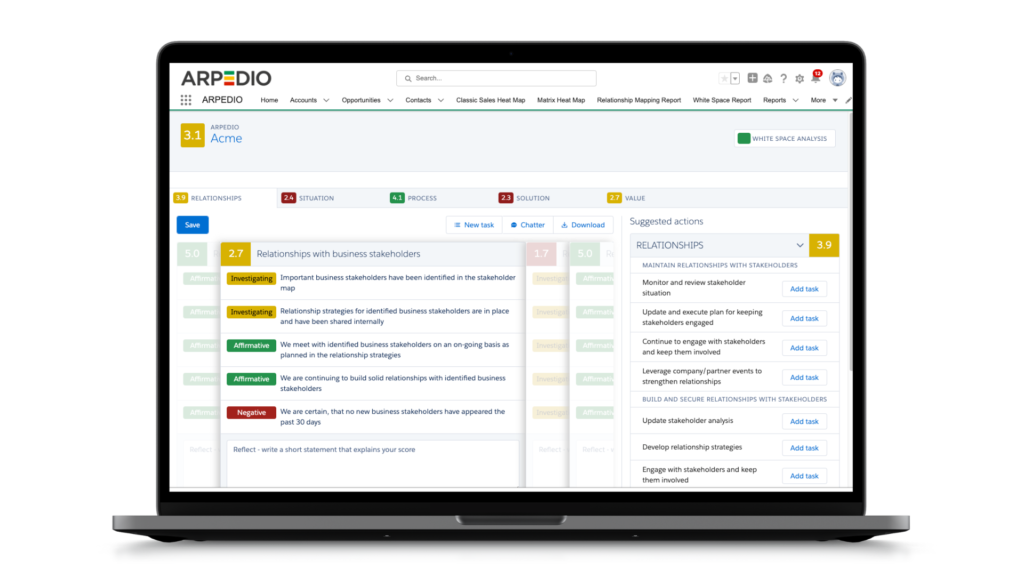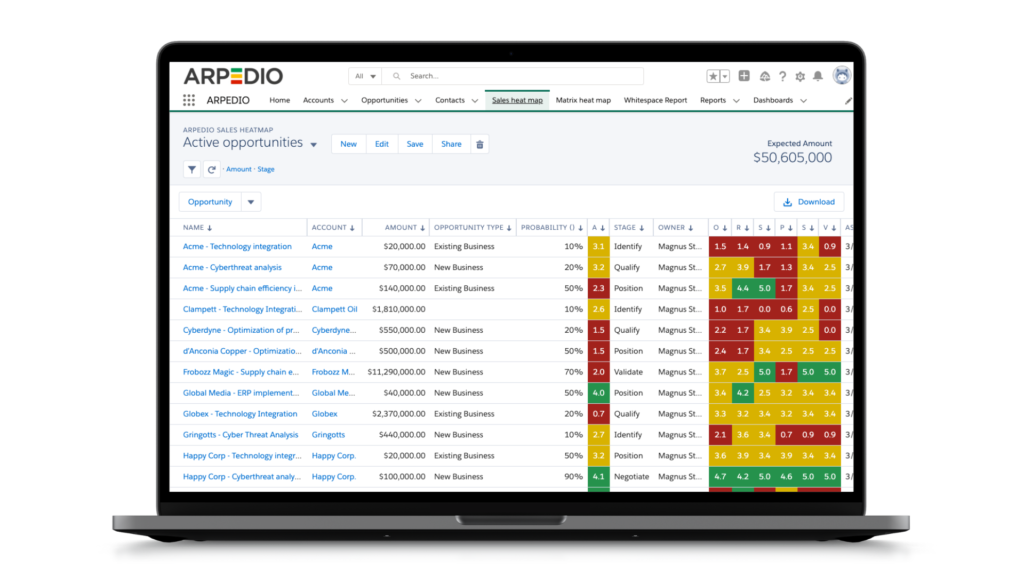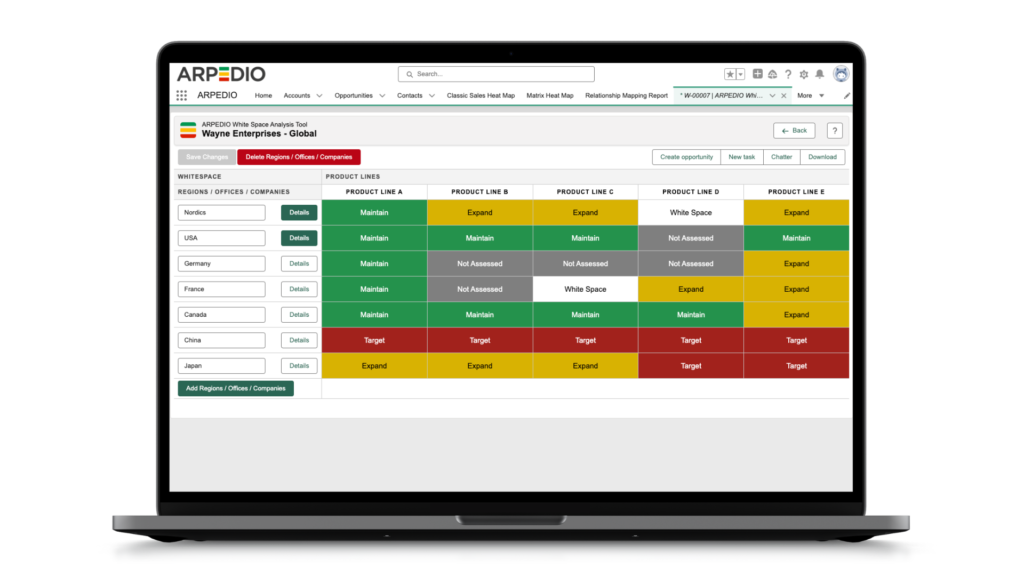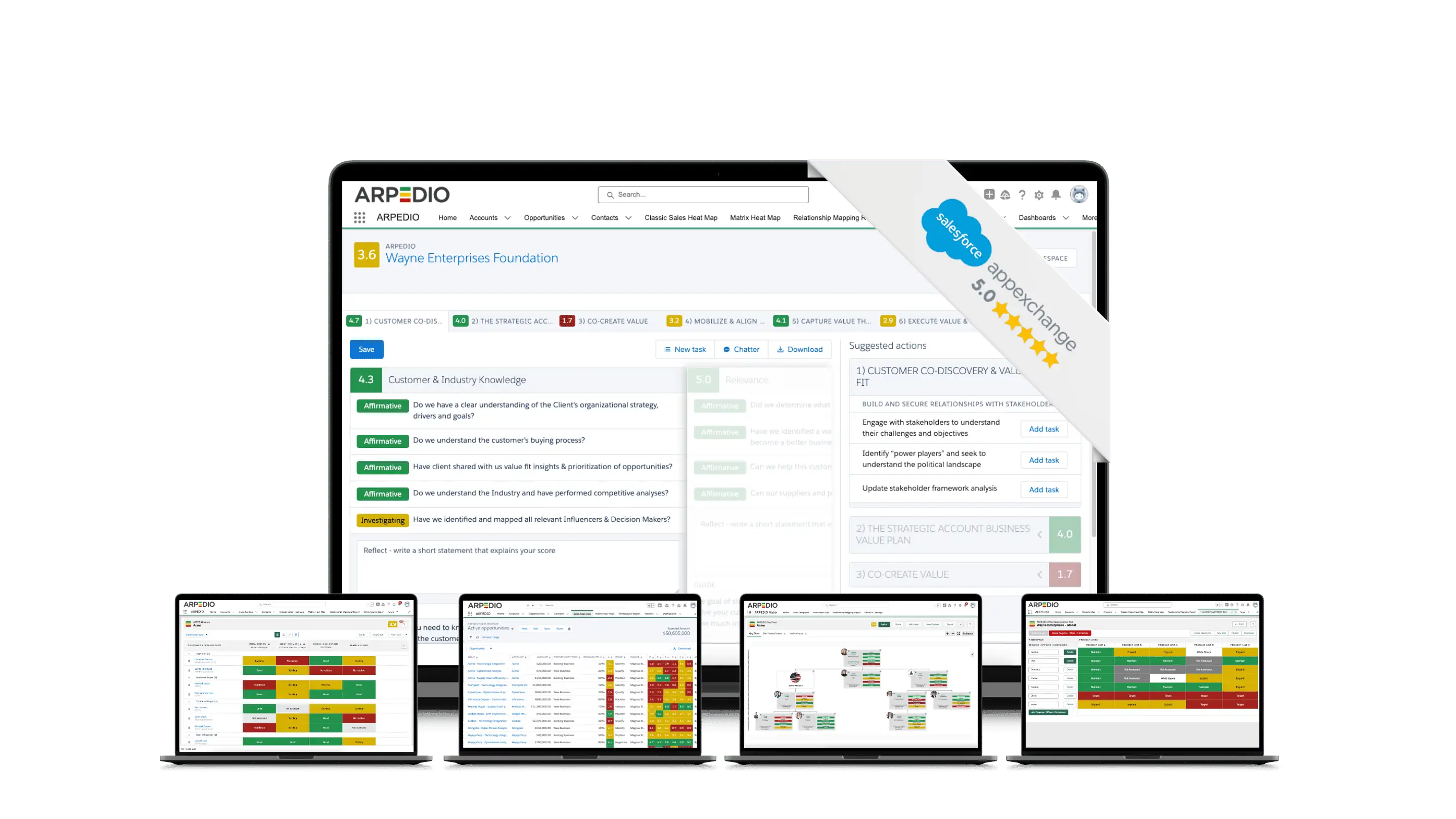When it comes to improving your sales team’s performance, there are two primary approaches: sales coaching and sales training. While these methods are often used interchangeably, they have distinct differences that can significantly impact their effectiveness. Understanding these differences is crucial for optimizing your sales team’s development and driving better results for your organization.
In this section, we will explore the key differences between sales coaching and sales training. We’ll discuss what each approach entails, their unique benefits and limitations, and how they can be used to support your sales team’s growth.
Key Takeaways
- Sales coaching and sales training are two distinct approaches to improving sales performance.
- Understanding the differences between these methods is essential for optimizing your sales team’s development.
- Sales coaching focuses on individualized support, while sales training emphasizes standardized skill-building.
- Each approach has its own benefits and limitations, which should be carefully considered when developing your sales strategy.
- By combining the strengths of both approaches, you can create a comprehensive sales development program that maximizes your team’s potential.
What is Sales Coaching?
In the business world, sales coaching refers to the process of guiding and supporting sales professionals to enhance their skills, knowledge, and performance. Sales coaching is different from sales training, which often involves a more structured approach to learning specific sales techniques.
Sales coaching is more personal and aims to develop an individual’s unique strengths, ultimately improving their overall selling ability. It involves regular one-on-one or group sessions where a coach provides feedback, guidance, and support to sales reps, helping them identify and overcome obstacles and achieve their goals.
Sales coaching can bring significant benefits to both the salesperson and the organization. For sales professionals, coaching can lead to better self-awareness, confidence, motivation, and enhanced sales skills. For organizations, effective sales coaching can lead to increased sales revenues, improved customer satisfaction, better employee retention, and a stronger sales team culture.
What is Sales Training?
Sales training is a structured process of imparting knowledge, skills, and techniques essential for the success of sales professionals in achieving their sales goals. The primary goal of sales training is to enable sales professionals to effectively engage with potential clients, understand their needs, and provide tailored solutions to meet those needs.
Sales training methods may include classroom-based lectures and presentations, online learning modules, role-playing scenarios, and on-the-job coaching and feedback. Organizations can choose the most suitable training method based on the needs and preferences of their sales team, and also considering their budget and other resources.
Investing in comprehensive sales training programs can benefit organizations in several ways. Sales training improves the skills and confidence of sales representatives, enabling them to close more deals and boost revenue. It also helps to align the sales team with the organization’s overall goals and strategies, leading to improved performance and productivity. Additionally, sales training can improve the customer experience by enabling sales representatives to provide better solutions and services to meet their clients’ needs.
Key Differences Between Sales Coaching and Sales Training
While sales coaching and sales training may seem similar, there are significant differences between the two approaches. Understanding these distinctions is crucial for determining which method is best suited for your sales team’s development and growth. Here are some key differences between sales coaching and sales training:
Focus
Sales coaching is focused on developing individual sales professionals’ skills and addressing their specific needs and challenges. In contrast, sales training focuses on imparting knowledge and skills to a group of sales professionals, often covering a broad range of topics and techniques. Sales coaching is more personalized, while sales training is more general.
Approach
Sales coaching is typically a one-on-one approach, where a sales coach works closely with an individual sales professional to improve their performance. Sales training, on the other hand, is often delivered through workshops, seminars, or online platforms, where sales professionals learn in a group setting. Sales coaching is more hands-on, while sales training is more theoretical.
Desired Outcomes
The desired outcome of sales coaching is to improve an individual sales professional’s performance, with a focus on achieving immediate results. Sales training, on the other hand, aims to equip sales professionals with the necessary skills, knowledge, and techniques to improve their performance in the long term. Sales coaching is more short-term focused, while sales training is more long-term focused.
Effectiveness
The effectiveness of both sales coaching and sales training depends on several factors, such as the organization’s goals, the sales team’s needs, and the individual sales professional’s skill level. Sales coaching is most effective when addressing specific challenges or skills gaps, while sales training is most effective when delivered consistently over time. Combining sales coaching and sales training can yield the best results, as they complement each other’s strengths.
In conclusion, while both sales coaching and sales training can lead to improved sales performance, they differ in their focus, approach, desired outcomes, and effectiveness. By understanding these differences, you can determine which method is best suited for your sales team’s needs and work towards achieving better results.




